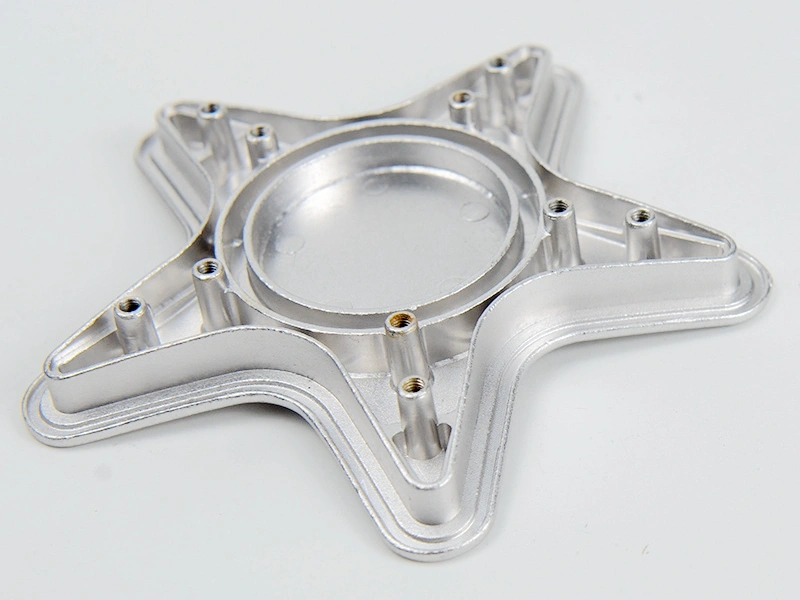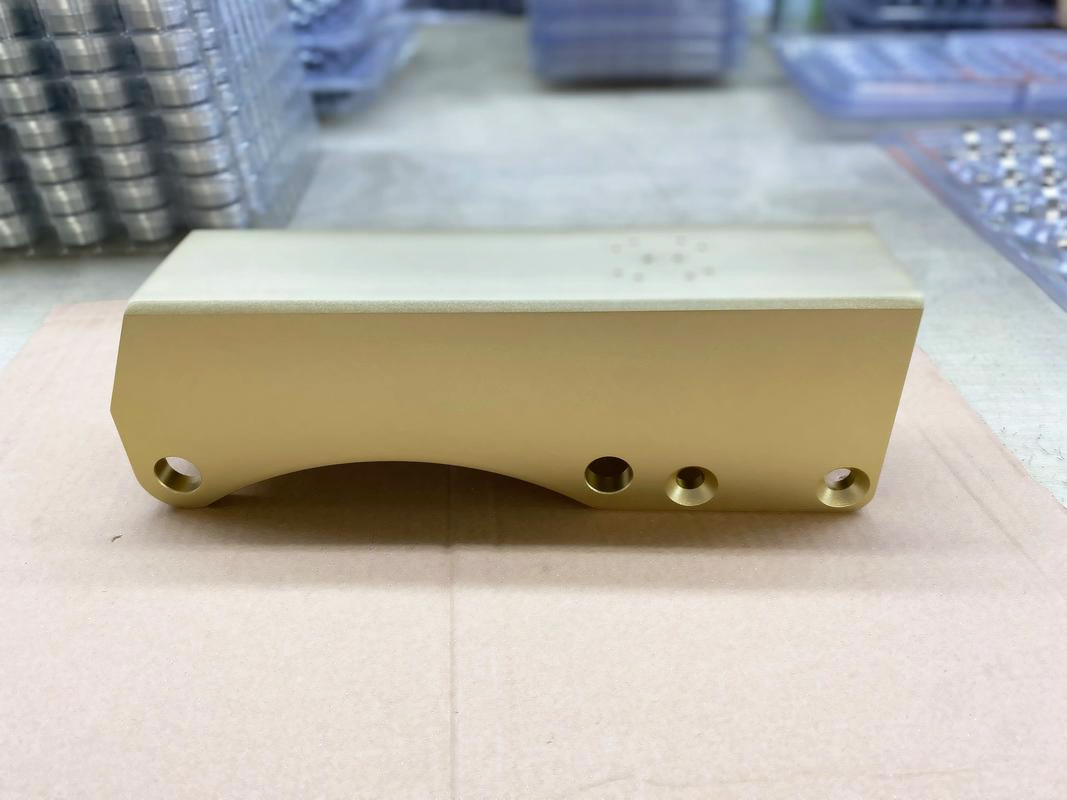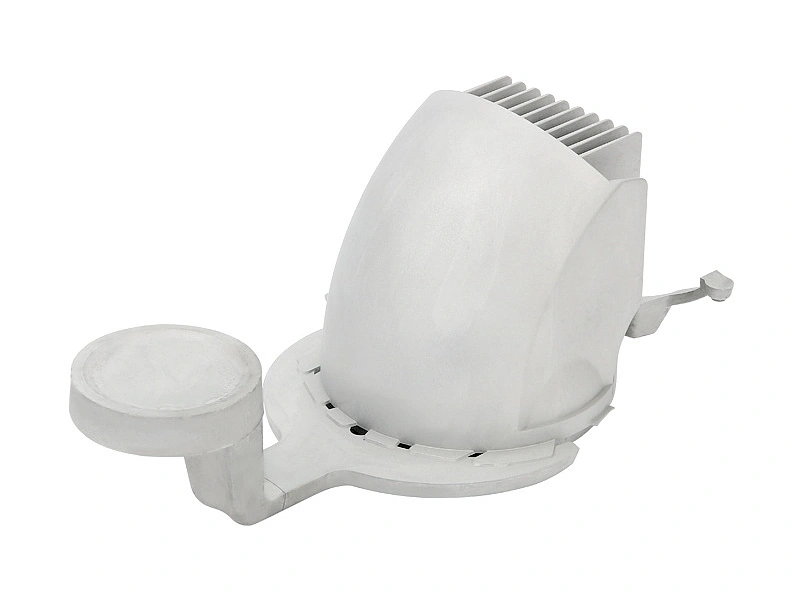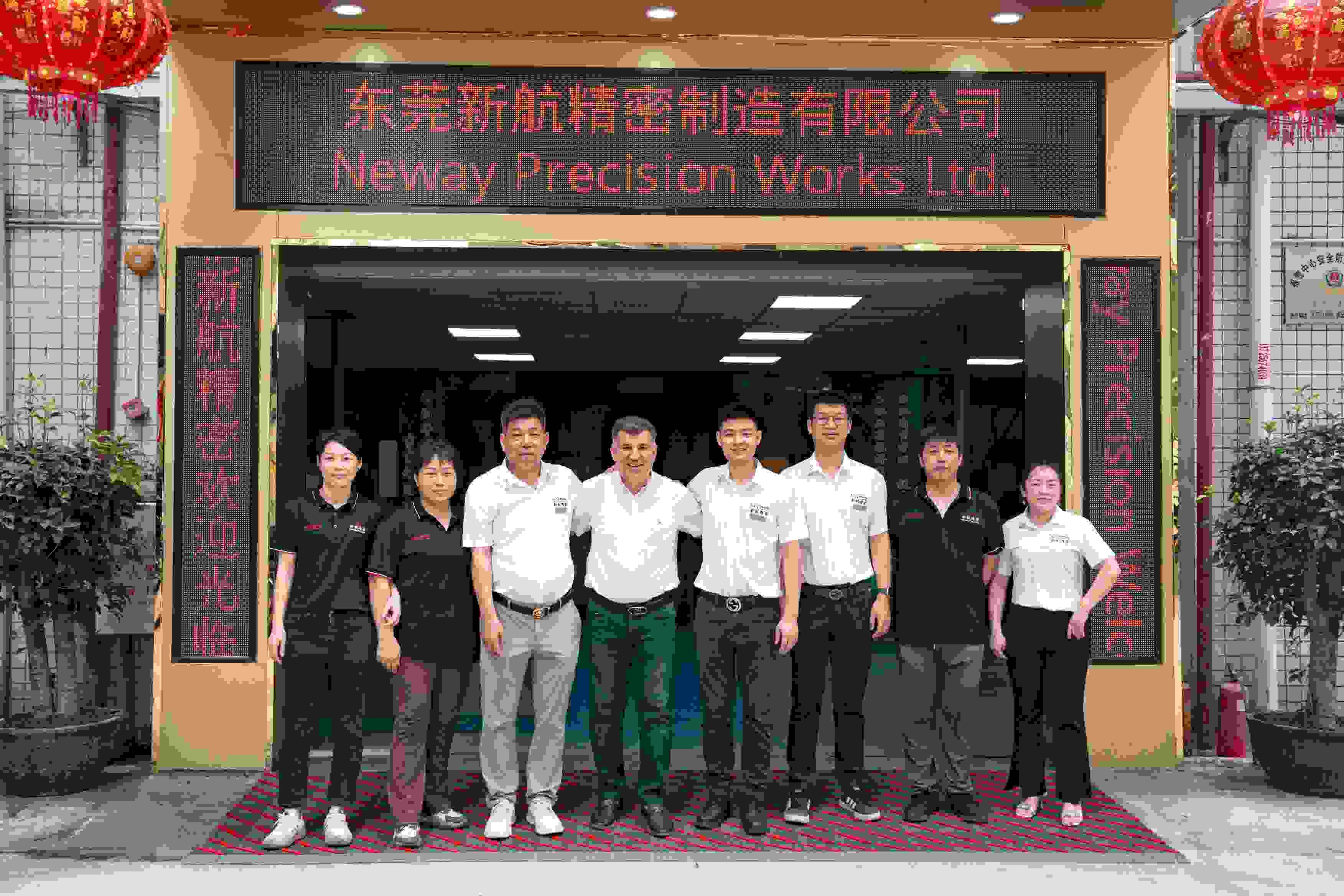What is the best aluminum alloy for casting heat sinks?
What Is the Best Aluminum Alloy for Casting Heat Sinks?
Key Requirements for Heat Sink Materials
Heat sinks demand materials with high thermal conductivity, good castability, corrosion resistance, and dimensional stability. Aluminum is the preferred material for most heat sinks due to its excellent balance of thermal performance and manufacturability.
Among the various die casting aluminum alloys, certain grades are particularly suitable for producing efficient, high-performance heat sinks.
Recommended Aluminum Alloys for Heat Sink Casting
AlSi12 (EN AC-44100)
AlSi12 is widely used in die-cast heat sinks for its excellent thermal conductivity (approx. 155 W/m·K) and fluidity, making it ideal for thin fins and complex geometries. The high silicon content enhances corrosion resistance and casting precision.
A380 Aluminum Alloy
A380 is a general-purpose die casting alloy known for good thermal properties (~96 W/m·K), mechanical strength, and dimensional accuracy. It is a common choice for electronics enclosures and medium-performance heat sinks.
EN AC-43500 (AlSi10Mg)
AlSi10Mg offers a balance of thermal conductivity (~150 W/m·K) and mechanical strength, making it well-suited for structural heat-dissipating components used in automotive and industrial electronics.
AlSi7Mg (EN AC-42100)
AlSi7Mg provides high corrosion resistance, good casting characteristics, and moderate thermal conductivity (~130 W/m·K), suitable for outdoor or high-moisture environments.
Factors Influencing Alloy Selection
Thermal conductivity for heat dissipation performance
Casting geometry (fineness of fins, wall thickness)
Post-processing requirements like anodizing to increase surface emissivity
Cost-effectiveness for mass production vs. custom batches
Post-Treatment Enhancements for Thermal Efficiency
Surface treatments such as black anodizing improve emissivity and corrosion resistance of heat sinks. Additionally, Neway offers CNC machining to enhance flatness and contact interface precision in heat sink bases.
Full-Service Heat Sink Casting Support from Neway
Neway delivers end-to-end solutions for aluminum die cast heat sinks, from design consultation and rapid prototyping to surface treatment and mass production. Our engineers help select optimal alloys based on your thermal, structural, and cost targets.



